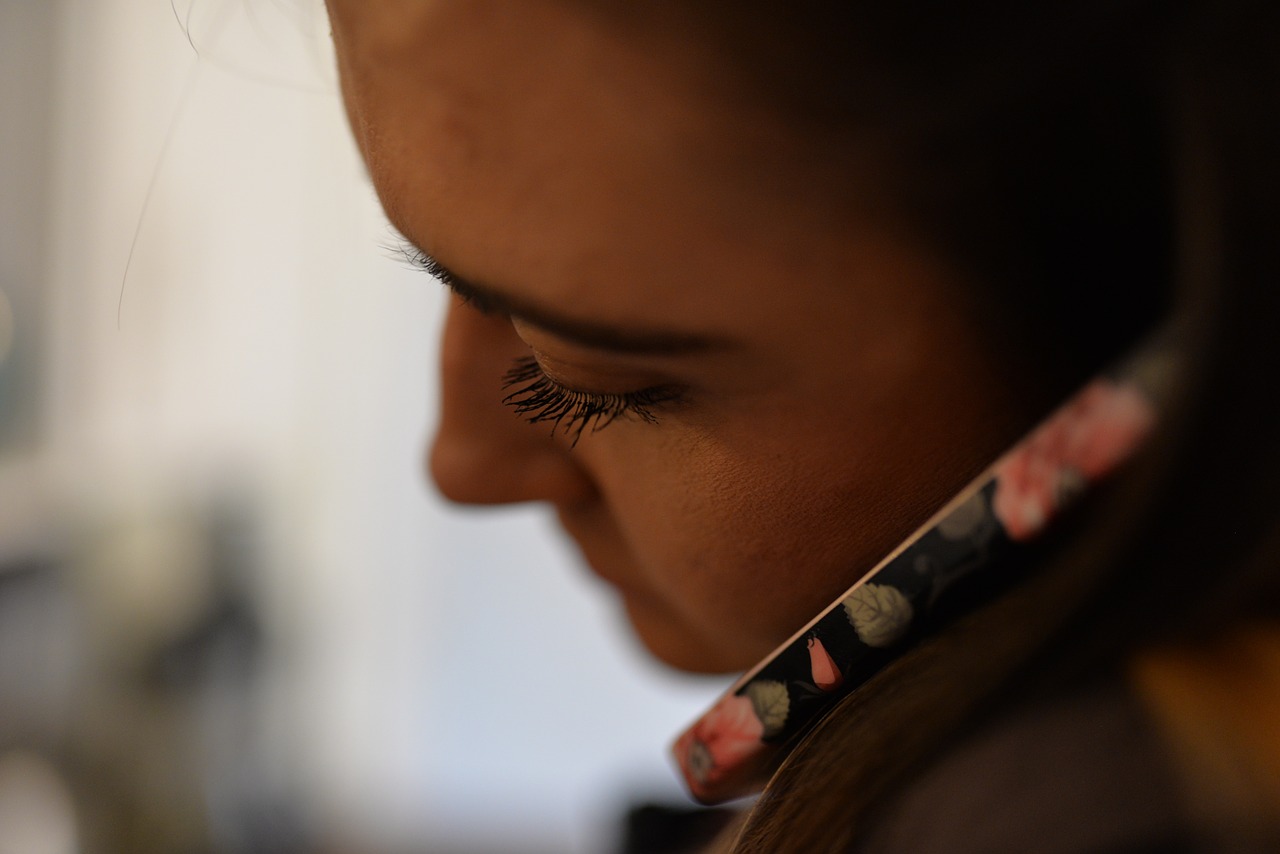Implementation of a telephone postoperative clinic at a Veterans Affairs facility significantly improved utilization of surgeon and facility resources while maintaining satisfactory patient outcomes, according to study results published as an “article in press” on the Journal of the American College of Surgeons website ahead of print publication.
Prior research has shown that telephone care is effective and preferred by patients after low-risk general surgery procedures like laparoscopic cholecystectomy (gall bladder removal) and inguinal hernia repair, the study authors write. However, there are limited measures of efficiency, resource utilization, and patient outcomes with this method of follow-up care.
The research team wanted to address two problems by implementing a telephone clinic: the distance and time it took veterans to travel to typically short appointments to receive postoperative care, and the need to open up more clinic space to see more patients, said lead study author Kristy Kummerow Broman, MD, MPH, a general surgery resident at Vanderbilt University, Nashville. Dr. Broman noted that many patients can spend hours traveling to clinics for their postoperative care for appointments that are often ten to 15 minutes long.

The team conducted pre- and post-evaluations of the telephone clinic from April 2015 to February 2016. Patients undergoing low-risk abdominal, neck, and skin or soft tissue operations were given the option of speaking with a surgeon via telephone instead of visiting a clinic in person for their follow-up appointment. Patients who chose the telephone clinic were scheduled for follow-up about two weeks after their operations. If they needed to be seen in person, they could go to the general surgery clinic the day after their telephone call. Patients who could not be reached for their telephone call were scheduled for in-person care to ensure they were not lost to follow-up, study authors wrote. They also established protocols for caring for patients who mistakenly reported to the in-person clinic.
During the study period, 200 patients underwent eligible operations, 29 pre-intervention and 171 post-intervention. Utilization of the in-person clinic decreased from 0.83 visits per eligible patient pre-intervention to 0.4 visits after implementation of the clinic. There was no difference in operation-related readmissions and emergency department visits among eligible patients when pre- and post-intervention rates were compared (0.17 versus 0.12). For patients who completed telephone consultations, 89 percent were discharged and 11 percent were escalated to a repeat phone call or a clinic visit. The team found similar complication rates among patients eligible for telephone follow-up care who were and were not scheduled for the telephone clinic (6 percent in telephone care and 8 percent in routine care).
“We are pleased with the results of this intervention, which has increased access to care while mitigating long travel distances and inconvenience for many of our patients,” Dr. Broman says about the study results.
Study authors noted that two to three surgical providers spent an extra hour per week conducting the telephone clinic, with each consultation lasting between five and 30 minutes per patient, including preparation and documentation. The in-person clinic took about 15 to 60 minutes of provider time, including preparation and documentation, and up to 90 minutes of patient time. The recouped clinic time and space are now being allocated to scheduling additional new patients, study authors wrote.
Dr. Broman said she thinks there is a lot of room to grow in this telephone clinic facility, first expanding the range of general operations that can be followed up with telephone care, and then moving on to specialty operations. It might easily be adopted by other facilities because the VA has the same system in place everywhere, Dr. Broman said.




